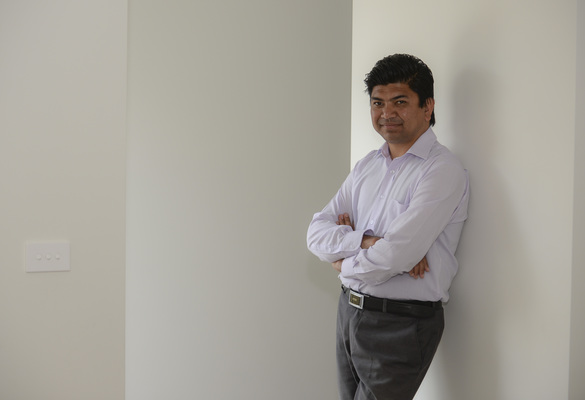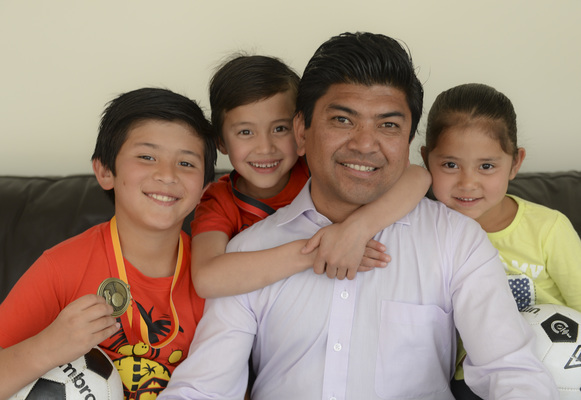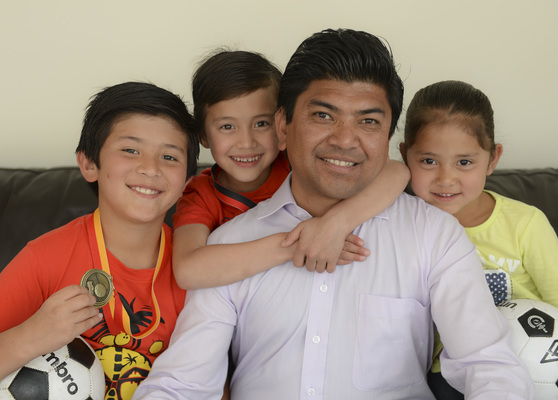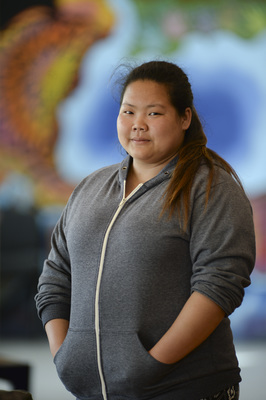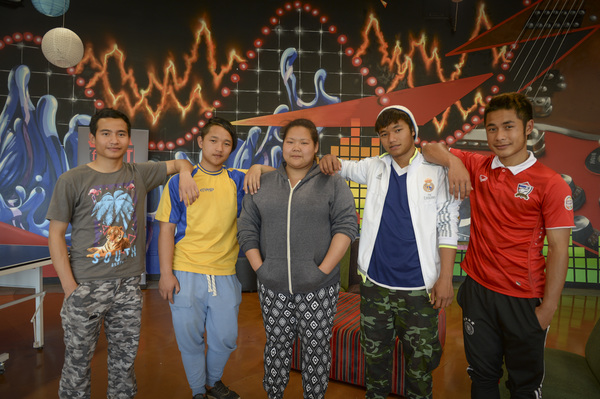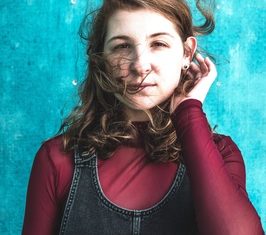By ALANA MITCHELSON
Fearing for his life, Rasoul Omid was forced to flee Afghanistan, leaving behind his beautiful wife and three children after his family home was attacked.
Eight members of his family were killed in that one night. Some of his siblings were abducted and he has never seen them again.
Rasoul had been working as a senior liaison officer for a United Nations agency in the department of disarmament, demobilisation and reintegration. He also served as a civilian personnel officer for the International Security Assistance Force.
His Western-affiliated positions coupled with his Hazara ethnicity put Rasoul at risk. Rasoul had witnessed the genocide of many Hazaras in his community.
His family lived in Helmand, a Taliban stronghold where US and UK forces were based.
Rasoul described the province as the most insecure, violent and dangerous. There were many extremist, radical and fundamentalist groups and, unlike in other Afghanistan regions, in Helmand Hazaras, like Rasoul, were a minority group.
He began receiving death threats and warnings from Pashtuns tribal leaders, who were supporters of the Taliban along with other terrorist groups. But it was the cold, targeted attack on his family that steered him to extremes; to flee the country in 2009.
After crossing the border to Pakistan, Rasoul was smuggled to Malaysia, Dubai and later Indonesia over a period of two months, after which he would spend the next three long years of his life in a refugee camp.
“The Indonesian refugee camp conditions were worse than a prison for criminals,” he said.
“The police and government there was also not good.
“It was very difficult to be separated from my family for such a long time. As a father, a husband, as a human being. It’s not natural.”
The day that Rasoul was granted a visa, he described as the best day of his life. He felt free.
“It was an unknown situation,“ he said.
“I didn’t know much about Australia. But I had strong aspirations for my children’s future.“
Only after another year of waiting was Rasoul’s family at last granted sponsorship to join him in Australia.
The family of five is now happily living in Highton. Rasoul’s children Arman, 10, Maysam, 7, and Roya, 6, are already thriving at school and love playing soccer, taekwondo and going swimming.
“There is a strong Hazara community in Geelong. Most Afghanistan refugees here are Hazara,” Rasoul said.
“There are many cultural activities and festivals we can celebrate together.
“We want to forget the past. We are Hazaras. And we are all Australian.”
For Dorota Schoebel, her journey from Poland to Germany and later Australia has been one of many ups and downs: of family strength, loss and courage.
Dorota was born in Zgorzelec near the Polish-German border. She moved to the big city Wroclaw and studied at university while working as a translator.
In time, Dorota found that the job wasn’t challenging her enough and since she was fluent in German, she crossed the border, where she soon met her husband Dieter. But Dorota still found it difficult to find satisfying work.
“One of Dieter’s cousins visited us from Australia one day. The family had immigrated after the war to establish a new life in Australia. They brought us magazines and calendars filled with beautiful Australian nature and wildlife,” she said.
“It was wonderful to hear their stories and it was always my dream to go to Australia.”
And so the couple decided to make the move themselves.
Dorota found that once she had two sons, Oliver and Julian, playgroups became a great way to form friendships with other Geelong West mothers. She finds Australian culture very relaxed although sometimes misses the European lifestyle.
“My entire family are in Poland and it’s difficult to stay in touch. I really miss them,“ she said.
“I recently lost my husband of 17 years. He was diagnosed with a late stage of lung cancer last November and died in June, so it’s been a struggle. I have support from some of my husband’s side of the family and some close friends.
“I’m involved with the Polish White Eagle Club where I can meet other members of the Polish community in Geelong. I’ve also started volunteering at Australian Multicultural Community Services and I’m looking forward to working with other people my age who are new to the country.”
Dah Dah Poe was 12 years old when she arrived in Australia six years ago.
All she knew was the English alphabet and basic words like ’hello’, ’yes’, ’no’ and ’thank you’.
Dah Dah was born in a refugee camp at the Thailand-Burma border. While very young at the time, she still remembers life at the camp.
“We would get food from the jungle and get to school by walking,“ the 18-year-old recalled.
“The teachers were so mean. It was so bad I used to cry to my mum to come to school with me. So when I came to Australia I was very shy in the beginning.“
The Corio resident was enrolled in school within one month of her arrival in Geelong. It was a lot for a 12-year-old to take in.
She was intially accompanied to classes by a translator but only once a week. She was lonely.
Fortunately for Dah Dah, there has been a strong Karreni community at her high school, with many who had similar experiences growing up at the same refugee camp.
“Geelong is a really multicultural area. Seeing how many people there are from other countries has given me a lot of confidence,“ she said.
“Joining in activities like volleyball and badminton have helped me with making more friends.“
Dah Dah has just completed her year 12 and is feeling relieved. She hopes to become either a chef or a Fort youth worker where she can help other young people with the challenging transition of moving to a foreign country.


